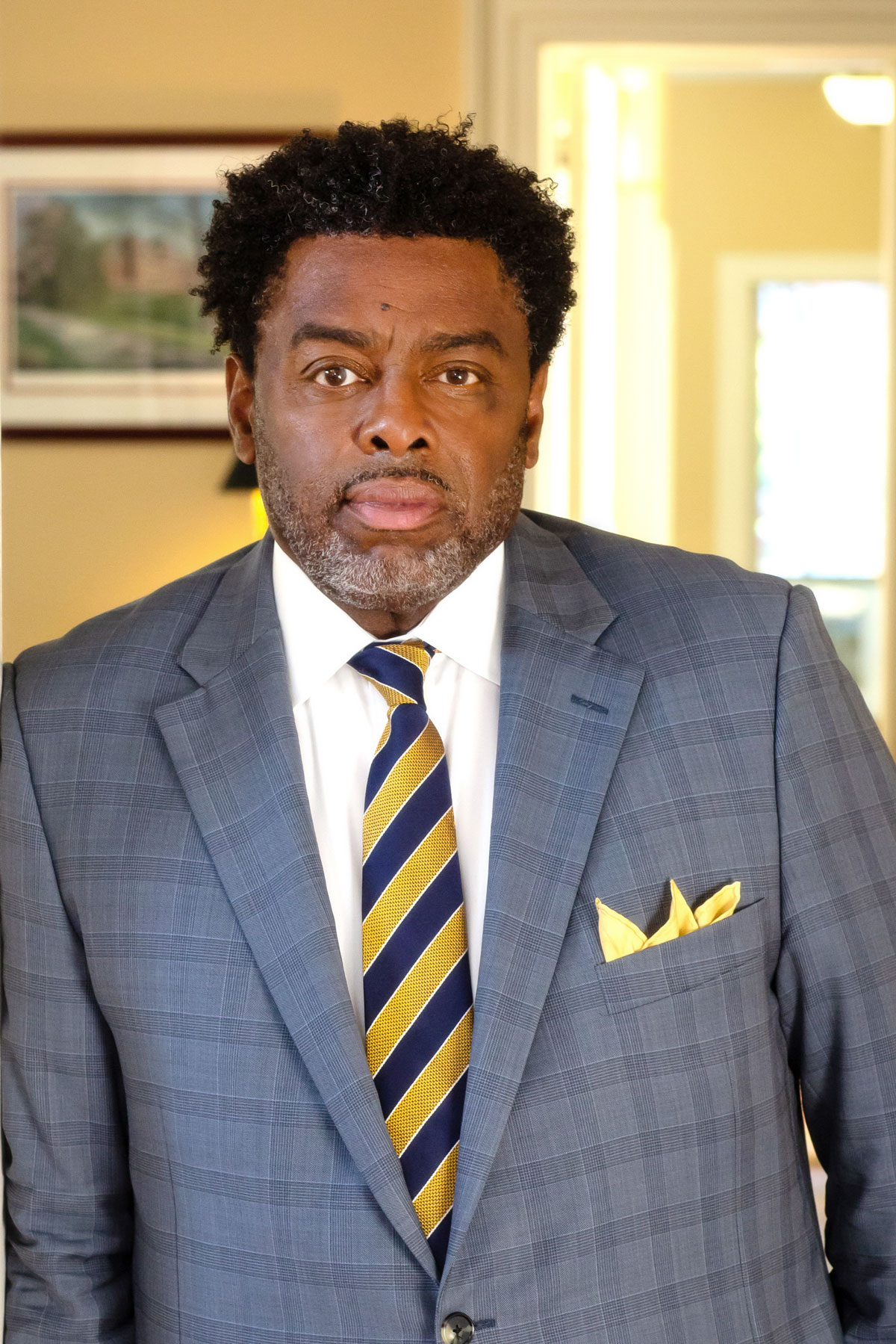To sustain our democracy, and enact our shared values of freedom, prosperity, equality, safety, and a brighter future for our children, we must solve our problems collaboratively. People are mistaken if they believe the outcry over the killing of George Floyd in Minneapolis is the singular cause of protests across the country. Rather the protests are the expression of mounting frustration over the country’s inability to solve the systemic inequities central to quality of life. Justice in the criminal system is just one of a litany of problems that confront minorities (and black Americans in particular) including equal access to food, health care, decent housing, jobs, and schools. This has not happened overnight. It has been festering close to the surface for decades (if not centuries).
What do I mean? Here is one local example of a broader problem — food insecurity, or the lack of access to fresh food. Last week, my wife Jacquie and I were at Spartan Open Pantry (a nonprofit designed to provide food, clothing, and hygiene products to students who can’t afford these items) delivering food that is used to feed people who do not have anything to eat. The executive director told us that while 23% of the UNCG students are black, 50% of their clientele is black. He told us that some students come to the Pantry having not eaten in two or three days.
But I want to bring this discussion back to the George Floyd killing in Minneapolis. This hits close to home. This is personal. I am a black man. I have a black son. I went to high school in suburban Minneapolis. My parents lived there for 35 years. One evening I was detained by local police in front of my parents’ driveway. I asked why they stopped me. They said I “looked suspicious.” I often think that maybe things would have turned out differently that night if I had made one false move.
And closer to the bone, I worry about my 21-year-old son (who lives in Los Angeles) being stopped by the police. I have had the “talk” with him. If you don‘t know, the ”talk” is a conversation most black parents have with their black sons about how to behave when they encounter law enforcement and, in fact, how to navigate the world as a young black man. It is uncomfortable but necessary. Think about that. Think about how that would make you feel.
I wrestled with this all weekend. But I finally had to sit down and put thoughts to paper.
I am filled with sadness for the Floyd family (as well as the families of Breonna Taylor, Ahmaud Arbery, unfortunately the list goes on), for the country, and for my son. I’m filled with sadness for our young people — particularly the black students at UNCG. We owe them better than this. I’m filled with sadness for the hardworking and dedicated law enforcement folks who do things the right way.
But to be honest, I’m also filled with anger. I’m mad that we can’t seem to come together to find commonsense solutions to the nation’s problems. Mad that the direction we are heading is not sustainable where in a post-COVID-19 world it is likely we will see more inequality not less.
I know there are a lot of people in the country, in Greensboro, and on our own campus who are sad and angry too. Many of our nonblack friends and colleagues have written or called and asked what they can do: How do we fix this?
One answer is that this is all about “public will.” That’s the collective sense of people coming together with a good heart and common sense to solve problems. For example, we know what a good education looks like, we know what quality health care looks like, and we even know how to reform the criminal justice system. But are we willing? Are we willing to buy into the notion that we have a “shared fate” regardless of race, ethnicity, sexual orientation, or party affiliation? Are people willing to change how institutions work in this country so that all people are treated fairly?
If we are willing, we can provide our children and grandchildren with a better tomorrow. If we are not, this will not be sustainable in the long run. By nature, I am an optimist. I get to work every day with faculty and staff who fuel this sense of hope; and I get to see thousands of students each year on our campus who make me believe that we can do more, do better. I have faith that we can come together and meet the challenges head on. I hope we have the will to do so.
